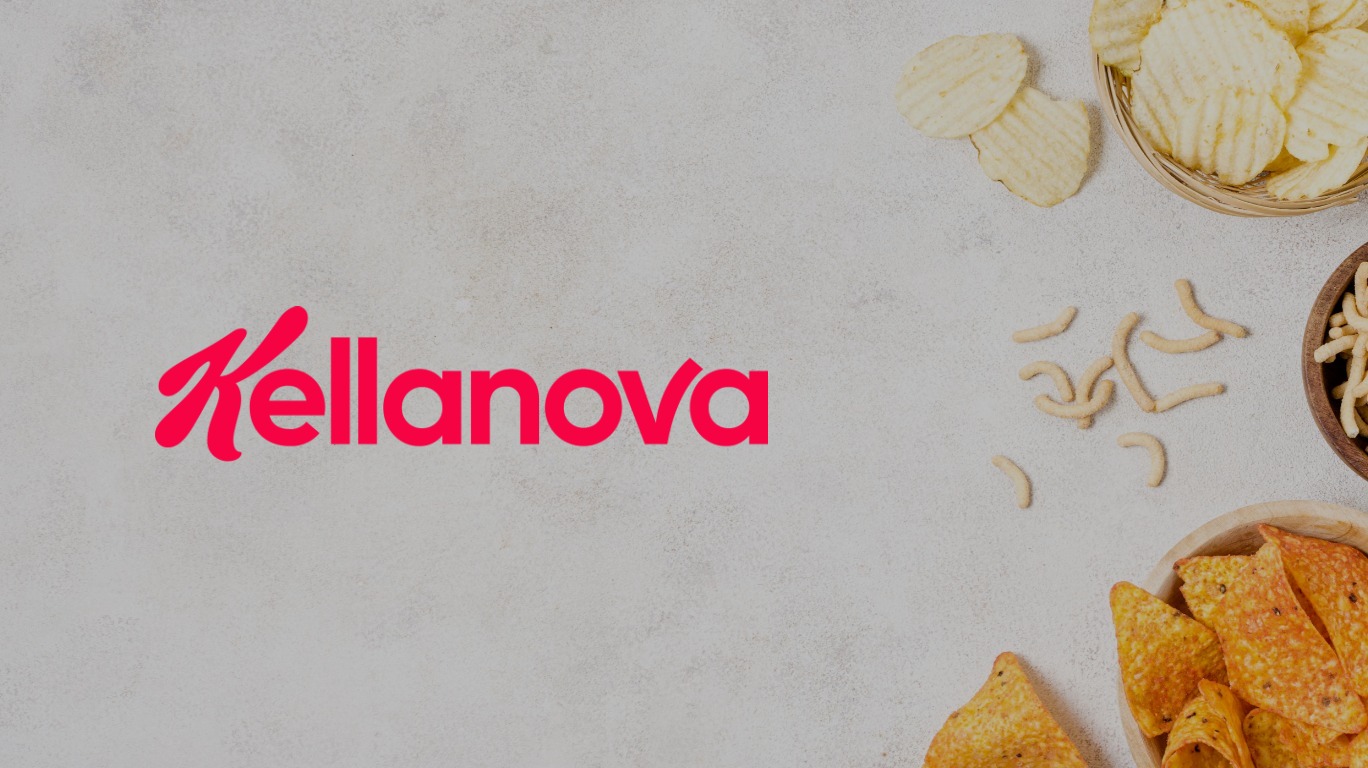In contemporary business’s fast-paced and ever-evolving landscape, organizations face multifaceted challenges that necessitate dynamic and data-driven solutions. One such instrumental tool that has risen to the forefront is the Key Performance Indicator (KPI) Dashboard. This sophisticated system proves to be a linchpin in enabling organizations to navigate challenges effectively and make well-informed decisions. Let’s delve into the depth of its significance, exploring its integral role in modern business operations and examining the plethora of benefits it brings to the forefront.
At their essence, KPI Dashboards serve as comprehensive visual aids, providing an encapsulated representation of an organization’s performance metrics. Central to this visual representation are Key Performance Indicators (KPIs), specific and measurable metrics that are the yardstick for an organization’s success in achieving its strategic objectives. The dashboard is a real-time snapshot, offering stakeholders a holistic view of crucial aspects of business performance. This visual clarity facilitates a more profound understanding and streamlines the decision-making process by presenting complex data in an accessible and digestible format.
Many benefits organizations underpin the adoption of KPI Dashboards can harness to their advantage. A primary advantage lies in the improved visibility into key metrics. These dashboards create a centralized platform where stakeholders can easily access and interpret pertinent data, fostering a comprehensive understanding of the business’s performance landscape. Beyond this, KPI Dashboards enhance decision-making capabilities by providing timely and accurate information. This enables organizations to respond quickly to market changes or internal challenges, crucial in maintaining a competitive edge.
An equally noteworthy benefit is the increased accountability instilled by KPI Dashboards. When performance metrics are transparent and accessible, teams are more likely to take ownership of their contributions to organizational goals. This heightened sense of accountability fosters a culture of responsibility and acts as a catalyst for continuous improvement. Employees can directly witness their efforts’ impact on the business’s success, driving motivation and alignment with organizational objectives.
To underscore the versatility and applicability of KPI Dashboards, examining examples from various industries provides valuable insights. In the e-commerce sector, businesses leverage these dashboards to track conversion rates, monitor customer acquisition costs, and assess the efficacy of marketing campaigns. Conversely, in manufacturing, KPI Dashboards prove invaluable for monitoring production efficiency, ensuring optimal resource utilization, and identifying bottlenecks in the supply chain. These examples vividly demonstrate how KPI Dashboards can be tailored to meet the unique needs of different businesses, irrespective of their industry or size.
Implementing KPI Dashboards in a business demands a strategic and thoughtful approach. A foundational step involves clearly defining relevant KPIs that align with the organization’s overarching goals. This process requires collaborative efforts across various departments to identify metrics that reflect performance and contribute to strategic objectives. Equally crucial is selecting appropriate visualization tools, ensuring that the chosen format effectively communicates complex data to stakeholders.
Training and communication form integral components during the implementation phase of KPI Dashboards. Employees need to be educated on how to interpret and utilize the information presented in the dashboards. Clear communication regarding the purpose and significance of these dashboards fosters understanding and encourages widespread adoption within the organization. A practical implementation strategy ensures that KPI Dashboards become an integral part of the decision-making process rather than a standalone tool.
As businesses increasingly pivot towards data-driven decision-making, KPI Dashboards emerge as pivotal players in shaping the modern business world. Adaptability to dynamic market conditions is a prerequisite for survival and success. KPI Dashboards empower organizations to achieve this by providing actionable insights from real-time data. This adaptability proves vital in the ever-evolving business landscape, where staying ahead of the competition demands agility and responsiveness.
In conclusion, KPI Dashboards have evolved into indispensable tools for businesses navigating the complexities of the modern world. Organizations can gain a competitive advantage, foster innovation, and ensure sustained success through a nuanced understanding, strategic implementation, and harnessing the benefits they offer. As we wrap up, let’s revisit the key takeaways: KPI Dashboards provide real-time visibility, aid decision-making, and play a pivotal role in shaping the trajectory of businesses in the contemporary business landscape. In a world where data reigns supreme, KPI Dashboards empower organizations to harness the power of information and thrive in an ever-evolving landscape.








